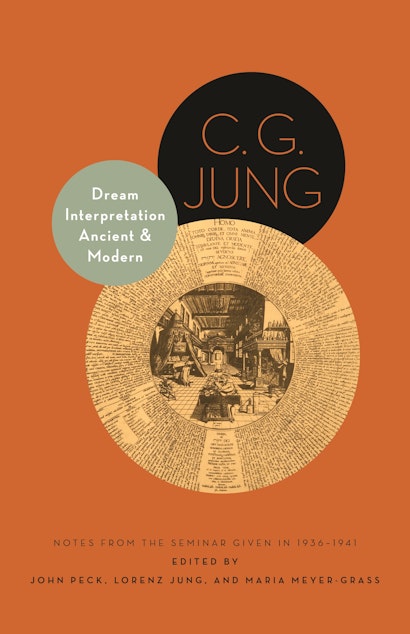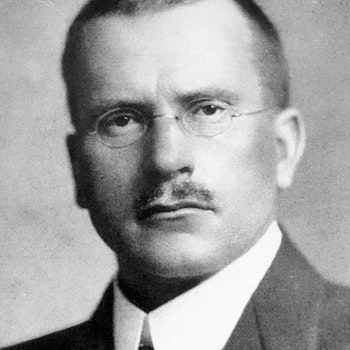From 1936 to 1941, C. G. Jung gave a four-part seminar series in Zurich on children’s dreams and the historical literature on dream interpretation. This book completes the two-part publication of this landmark seminar, presenting the sessions devoted to dream interpretation and its history. Here we witness Jung as both clinician and teacher: impatient and sometimes authoritarian but also witty, wise, and intellectually daring, a man who, though brilliant, could be vulnerable, uncertain, and humbled by life’s mysteries. These sessions open a window on Jungian dream interpretation in practice, as Jung examines a long dream series from the Renaissance physician Girolamo Cardano. They also provide the best example of group supervision by Jung the educator. Presented here in an inspired English translation commissioned by the Philemon Foundation, these sessions reveal Jung as an impassioned teacher in dialogue with his students as he developed and refined the discipline of analytical psychology.
An invaluable document of perhaps the most important psychologist of the twentieth century at work, this splendid book is the fullest representation of Jung’s interpretations of dream literatures, filling a critical gap in his collected works.
John Peck is a Jungian analyst in private practice. He is a cotranslator of Jung's Red Book and the author of ten books of poetry, including Contradance. Lorenz Jung, now deceased, was a grandson of C. G. Jung and a Jungian analyst in private practice. Maria Meyer-Grass is a Jungian analyst in private practice. Ernst Falzeder is lecturer at the University of Innsbruck and senior editor at the Philemon Foundation. He is the editor of The Complete Correspondence of Sigmund Freud and Karl Abraham, 1907–1925.
"Full of symbols, analogies, and speculation, this entertaining, scholarly book will be accessible to general readers interested in psychology, anthropology, and the occult."—Library Journal
"Dream Interpretation Ancient and Modern can be very useful for readers who have little or no understanding that dreams were interesting to well-educated scholars for thousands of years before Freud and Jung began their investigations. . . . [T]he book is worth examination by anyone interested in the ideas of Jung or dream interpretation. Jung's comments in this work, as usual, are interesting, erudite, and extremely helpful."—Ronald Teague, PsycCRITIQUES
"[An] intriguing volume. . . . [T]his book is well researched and will be a welcome addition to Jung collections."—Choice
"This beautifully translated volume foregrounds the mature Jung and demonstrates how dreams, over time, will always illuminate the intentions of our souls and expose the attitudes that limit us. As John Peck notes, Jung's standpoint draws upon dramatic as well as medical perspectives to bring out the individuating purposiveness at the heart of dreaming."—John Beebe, author of Integrity in Depth
"This important seminar affords us the rare privilege of experiencing Jung as a palpably salty master teacher. Already highly regarded for his collaboration on translating Jung's Red Book, John Peck supplies a tour de force introduction that shows how Jung's reading of the unfolding action in dreams underwrites our senses of emergence, destiny, fate, and freedom. This book is a must for anyone interested in dream work and the legacy of Jungian psychology."—Stanton Marlan, president of the Pittsburgh Society of Jungian Analysts
"This is a very important book that adds a critical dimension to the Jungian literature. It provides a look into how Jung formulated his thinking in a group setting, and how he tried to put forward his conceptualizations. Readers will encounter Jung's darker side, but they will also become acquainted with his creative genius for interpreting dreams, his wide scholarship, and his penetrating intuition."—Brian Feldman, Jungian psychoanalyst
"This book is a major contribution to understanding Jung's method of dream interpretation. It elucidates more deeply than other edited and translated texts the inner dynamics of Jung's epistemology with regard to his understanding of the human psyche. The book represents an exceptionally high level of scholarship."—Eugene Taylor, author of William James on Consciousness beyond the Margin


